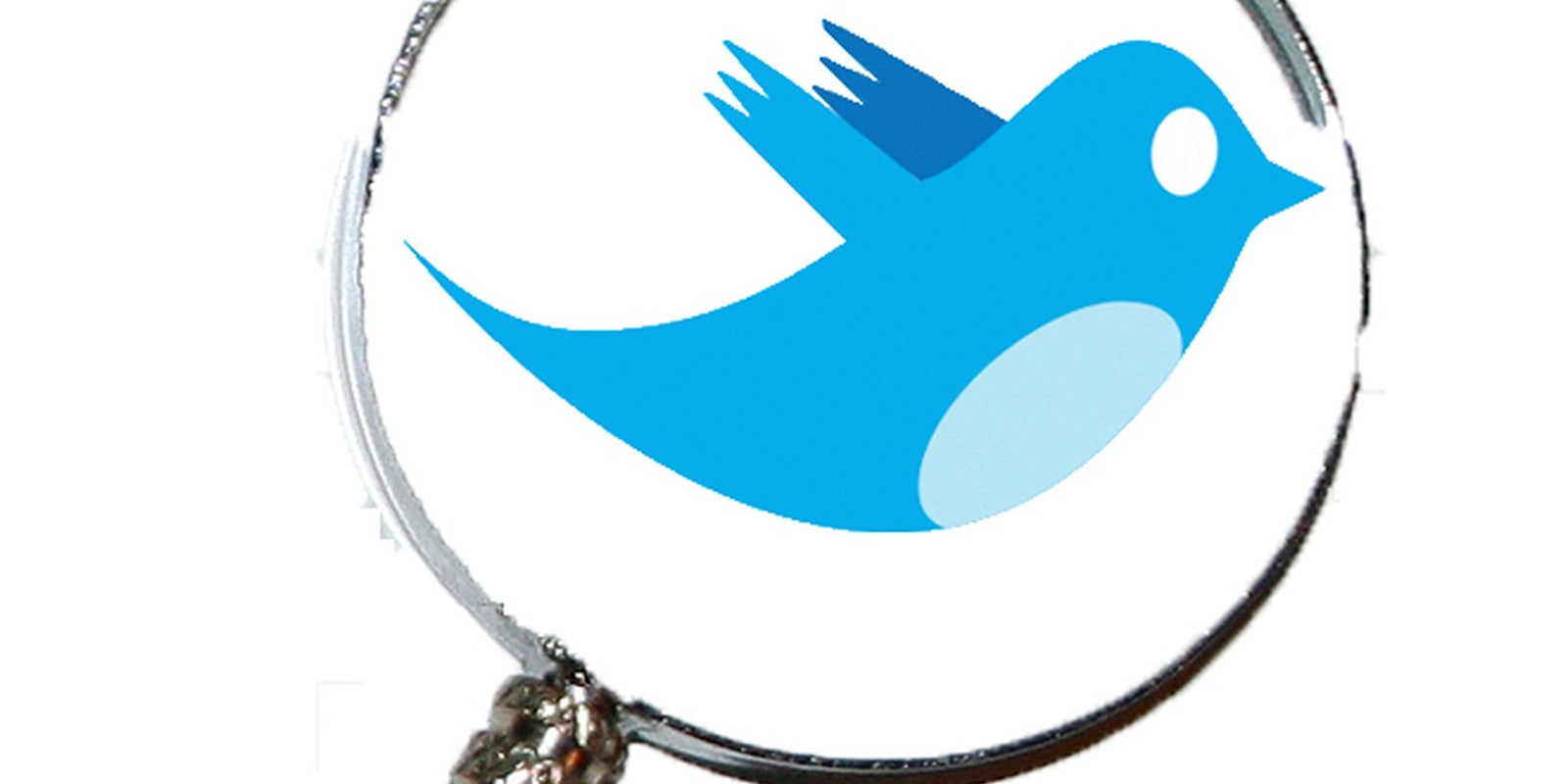Across the country, college football and basketball fans waste time during their workdays by reading tweets from their favorite players.
But for some people, that’s a way to make a living.
At least three companies—UDiligence, Centrix Social, and Varsity Monitor—are getting paid by the biggest college athletic programs in the country to make sure their players don’t tweet something that might lead to trouble.
Their clients include three of the remaining schools in the Final Four, as well as storied football programs like Louisiana State, Ohio State, and the Universities of Texas and Florida.
To be fair, these companies monitor students who play every sport. But there aren’t many cases of a college archer tweeting about receiving impermissible NCAA benefits, leading to an investigation that culminated with the gutting of a school’s archery program.
That’s what happened to the University of North Carolina football program after a player tweeted in May 2010 that he was getting free service in a Miami nightclub. The ensuing NCAA investigation led to massive sanctions of the university’s football program. It’s difficult to estimate how much money the scandal cost UNC, but it paid a $50,000 fine and is banned playing in any postseason games this year, which can earn a program added money.
Since that disastrous tweet, UNC has hired Varsity Monitor to watch all its players’ tweets, at a reported rate of between $7,000 and $10,000 a year.
Varsity Monitor is quick to stress on its homepage that it “does NOT collect or request passwords” of students. Instead, it simply keeps tabs on clients’ Twitter accounts—as well as their MySpace, Blogger, and YouTube profiles.
It’s unclear why some of these programs don’t use a graduate assistant for these duties. The University of New Mexico, for example, has outright banned its football players from Twitter.
Photo by Jeffrey Beall


